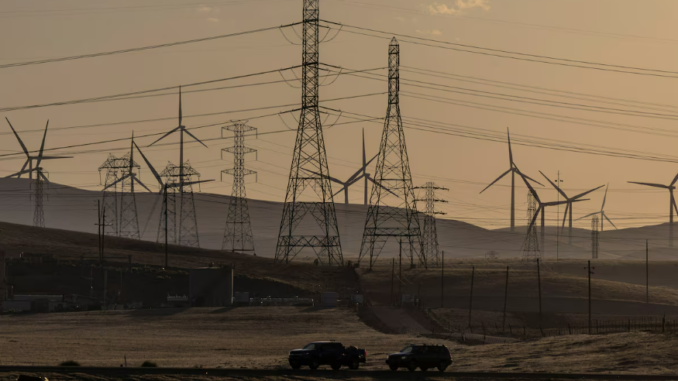Longer term power demand from IT equipment in U.S. data centers is expected to reach more than 50 gigawatts (GW) by 2030, up from 21 GW in 2023, according to consulting firm McKinsey’s latest estimates. Last year, it had forecasted demand rising to over 35 GW by 2030.
Surging electricity demand from data centers, along with an increase in U.S. manufacturing and the electrification of sectors like transportation, was evident in the most recent round of utility earnings calls with investors.
Southern Co expects data centers to propel its electricity sales growth to 6% each year from 2025 to 2028, up from predicted growth of 1% to 2% annually through next year. Sales from its Georgia Power business unit are seen jumping to an unprecedented 9% a year.
Florida-based NextEra Energy, the world’s largest renewable energy company, said it had of data centers in its project queue that would use more than three GW, or nearly enough to power all homes in the state of Minnesota.
Executives from American Electric Power, an electric utility based in Ohio, said the company’s retail customer demand grew 2.5% in 2023, much faster than its earlier 0.7% projection, due primarily to the acceleration of data center power use.
GROWING BACKLOG
The rapid growth has raised concerns that the U.S. electric utility industry, historically known for slow and steady returns, will be unable to respond quickly to the rise in power demand because of a swelling backlog of power generation and transmission projects in line to connect to the grid.
“What we’re seeing in the market is that these projects are not coming online fast enough to meet the local demand for the for the data centers,” said Rystad Energy analyst Geoff Hebertson.
The jump in overall demand has added to a nationwide queue of requests for power generation and energy storage projects to connect to the grid, which swelled to 2,600 gigawatts in 2023 from 2,000 gigawatts in 2022, according to the latest data from Lawrence Berkeley National Laboratory (LBNL).
Scrutiny from some state legislators who have grown concerned about how data centers strain power grids, raise emissions, and sometimes fail to boost state economies, has also emerged as a threat to electricity demand in certain regions.
The Georgia Senate voted last month to suspend some tax breaks for data centers, saying the businesses failed to create enough jobs to stimulate the state’s economy.
That decision was “unfortunate” but will not be enough to undercut the lure the state has for new data center development,” said Raul Martynek, CEO of DataBank, which is developing 225 megawatts of data center capacity across 14 U.S. markets, including the Atlanta area.


